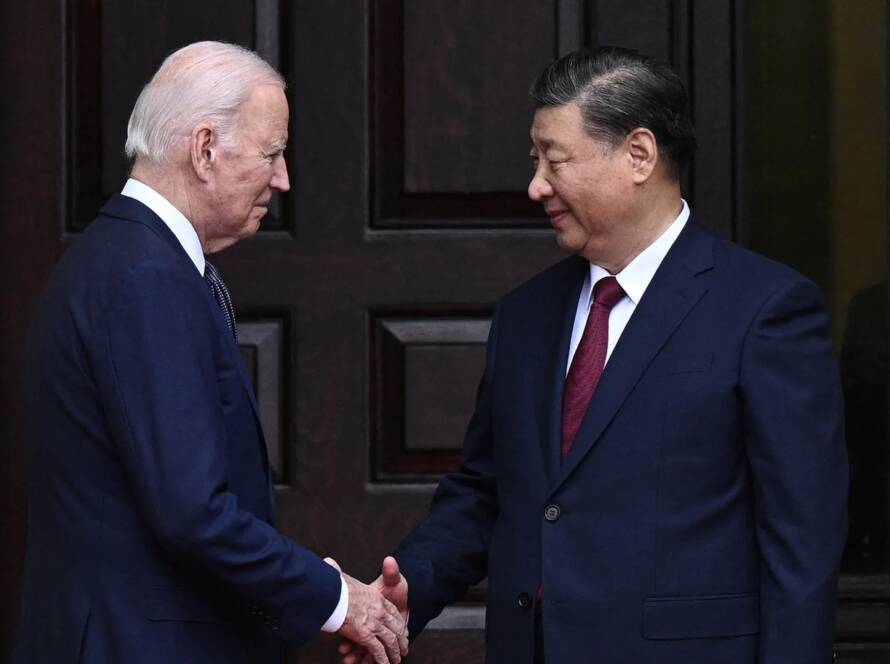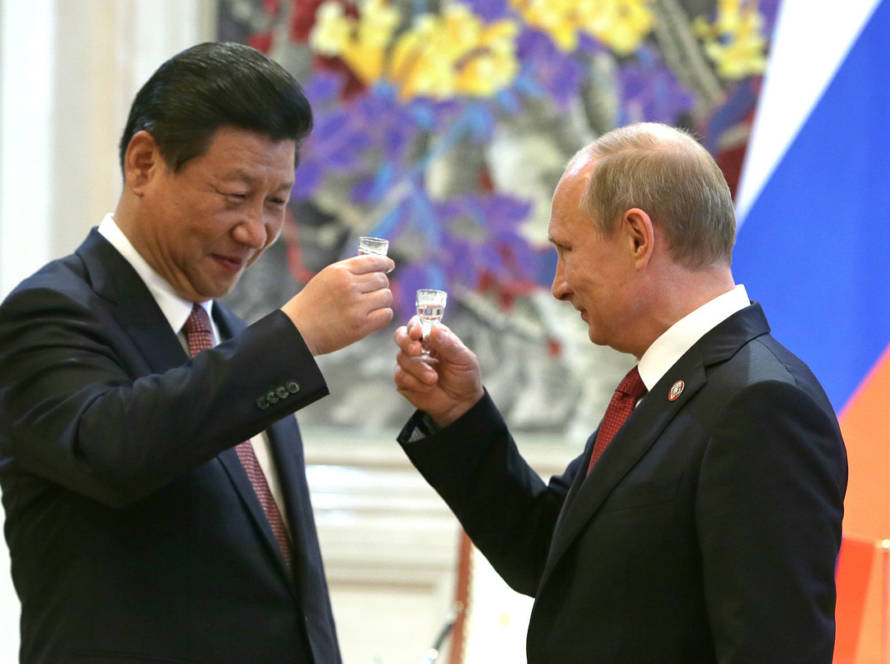By Sarasi Paranamanna
The contentious principle of Right to Protect (R2P), was utilized by the North Atlantic Treaty Organization (NATO) most sanctimoniously in their intervention in Libya. Whether the principle was used as a result of opportunistic humanitarianism or was in a pragmatic sense is a debate for another day. But in the backdrop of a raging global pandemic, principles of International Humanitarian Law such as the Right to Protect(R2P) can and should be used without any debate given the proclamation by the World Health Organization (WHO) that “No one is safe until everyone is safe”.
The Right to Protect principle was formulated as a result of the 2005 UN World Summit consisting of three pillars; the first limb is when a government has its responsibility towards its own nation to protect its own from genocide, ethnic cleansing etc. and secondly each government has a responsibility to assist governments to protect its citizens. Thirdly, when a government manifests failure to protect its citizens, the international community has a responsibility to intervene in order to protect the failed citizens.
Even though the R2P principle has been used to justify intervention when sovereignty of a country or a specific group of people were under threat due to situations such as armed conflict or genocide, over 12 references to R2P have been recorded at UN General Assemblies that refer to mass scale crises ranging from migration issues to implementing restrictions on the use or small scale arms[1]. Therefore, one might argue that if countries such the United States of America can be swift to invoke R2P to justify military interventions in cases like the Syrian Civil War, what is stopping the global super powers from utilizing the same concept to rally global support to effectively prevent COVID-19 as it wreaks havoc across the globe not just as a health crisis but exacerbating disparities across a range of sectors including economic, social, security and psychological devastation.
Vaccine nationalism and poverty
The discovery of vaccines to combat COVID-19 virus was a relief to the entire world but soon it became clear that the global North and their vaccine nationalism would be the main hindrance in fighting the pandemic. Whilst lobbying for vaccine diplomacy and the waiver of Intellectual Property Rights of Vaccine manufacturing by the U.S.A. are commendable, precious time was lost for developing nations to secure the much needed vaccine on time. It is reported that wealthy countries such as the US have purchased ten times the amount of vaccines required for their population[2].
Mamta Murthi, the World Bank’s Vice President for Human Development speaking in a podcast in August has said the vaccination rates around the globe is still on an unacceptable level whilst pointing out that among vulnerable communities, such as in Africa, the vaccination rate is still as poor as 1% of the population in comparison to high income countries. WHO has also highlighted the disparity, noting 100 doses for every 100 people are being administered in high income countries whilst only 1.5 doses are available for every 100 people in low income countries. At present many wealthy countries such as USA and Canada are already on the move to administer booster shots even though the WHO has pleaded to temporarily withhold the administration of booster shots “ at least till the end of September, to enable at least 10% of the population of every country to be vaccinated”[3].
It is in this backdrop that leading health experts such as Dr Michael Saag, Professor of medicine and infectious diseases at the University of Alabama at Birmingham, have warned that unvaccinated individuals are like “cannon fodder” to the COVID-19 virus and that the virus is likely mutate and create more potent variants. Hence one does not require further evidence in support of invoking the R2P principle to curb the pandemic other than genuine political will.
Some scholars have pointed out that the inaction of the UN Security Council to at least declare the COVID-19 pandemic as a threat towards international peace and security is a failure on the part of the UN. Although concepts such as R2P and international bodies such as the UN exist to safeguard human security, their push to activate responses of economically and politically influential countries to take credible steps to join together in resolving the pandemic has been puzzling.
Is the R2P applicable in Covid-19?
Among the most vulnerable during the pandemic have been migrants and refugees, but the West has been quick to cite the pandemic to block asylum seekers from entering their countries despite little action to resolve the crises. The UN Refugee Agency says at least 57 countries have closed borders making no exception to asylum seekers during the pandemic.
Whilst a pandemic is not a textbook case to invoke R2P considering its previous applications and the four International Humanitarian Law violations currently listed, global health crises including pandemic had prompted pleas from the international community to invoke R2P to rally global health care support when African nations were suffering through the Ebola outbreaks. As such the Covid-19 pandemic emphasizes the need to enhance the scope and the applicability of the R2P principle. COVID -19 pandemic is a human security issue and a humanitarian and global health crisis with the death roll rising daily exceeding 4.5 million lives. With vaccine equality is still not being a reality, the lasting effects of the pandemic on vulnerable societies are far reaching in terms food security , poverty, unemployment and mental health. Hence there is ample ground to justify the application of the R2P principle which would minimize the politicization of the pandemic and ensure global health cooperation and support to vulnerable populations.
There is no better opportune time to invoke the R2P principle to curb the pandemic and effectively ensure vaccine equality and the Universal Right to Health Care. Crucial and valuable resources and time are being wasted to build a case against China citing their responsibility for spreading the COVID-19 virus but the efforts may not serve to be anything more than a global political specter. As there are no international law provisions to bring in credible charges against China that would amount to tangible actions due to principles such as “Sovereign Immunity”, the efforts now appear better channeled into invoking the R2P principle and rallying global cooperation and collective team work to combat the pandemic and accelerate the return to normalcy.
(The writer is an Attorney-at-Law and a journalist. She holds an LLM from the University of West London. She has research experience in International Humanitarian Law and International Public Law.)
***************
Disclaimer – Factum is a Sri Lanka based think-tank providing international relations analysis and public diplomacy consultancies in Sri Lanka and Asia. Visit – www.Factum.LK


